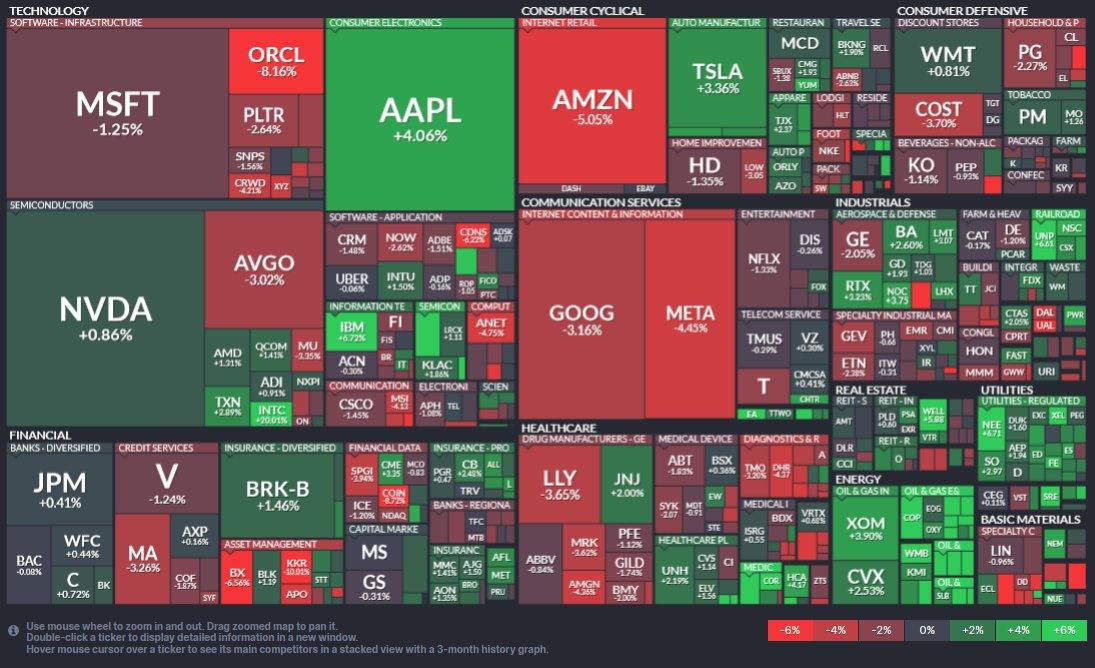The Importance of Stock Market Futures in Trading

Introduction to Stock Market Futures
Stock market futures are financial contracts that obligate the buyer to purchase, and the seller to sell, a specified amount of an underlying asset at a predetermined price on a specific future date. These futures are pivotal in the financial landscape as they help investors hedge against risks and speculate on price movements. In a world where market volatility is commonplace, understanding stock market futures is crucial for investors seeking to protect their portfolios and maximise returns.
Current Trends and Events
As of late 2023, stock market futures have been influenced by various economic indicators and geopolitical events. Recent announcements from central banks regarding interest rates, coupled with ongoing concerns about global supply chains and inflation, have left traders scrutinising futures contracts more carefully. For instance, a rise in oil prices has led to fluctuations in energy sector stocks, significantly affecting futures linked to major indices like the S&P 500 and Dow Jones Industrial Average.
Furthermore, the recent earnings reports from major corporations have caused mixed reactions in pre-market trading, often resulting in volatile futures contracts. Positive earnings announcements may boost future contracts, whereas disappointing reports can lead to declines. Notably, tech stocks have been a driving force, with companies such as Apple and Microsoft continuing to influence perceptions of market strength.
Outlook and Implications
Looking ahead, analysts predict that stock market futures will remain a key focus for investors, especially as economic data continues to emerge. The potential for further interest rate hikes to combat inflation may add pressure to futures markets, resulting in increased volatility. Investors are advised to stay informed about both macroeconomic conditions and specific sectors that could impact futures prices.
In conclusion, stock market futures are an integral component of modern trading strategies, offering mechanisms for risk management and speculative opportunities. As economic indicators evolve, understanding how these futures operate will remain essential for both novice and seasoned investors aiming to navigate the complexities of the financial markets.
